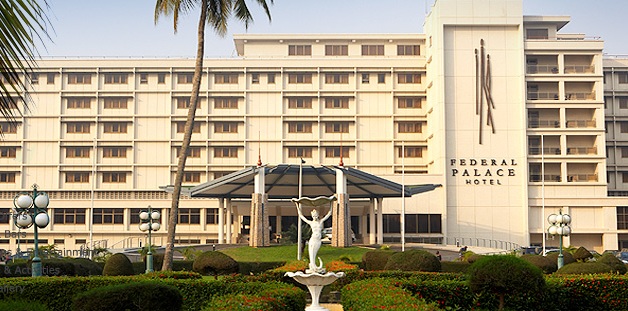Sub-Saharan Africa may be the most fertile ground for hotel expansion today, but members of the U.S.-based National Association of Black Hotel Owners and Operators (NABHOOD) will be focused elsewhere when they gather for their annual convention in Miami this month.
“African-Americans are emerging investors. My recommendation: Play close to home,” says Andy Ingraham, founder, president and CEO of NABHOOD.”
For Ingraham, who spoke in an exclusive telephone interview, “close to home” in the context of overseas investing means “Latin America and the Caribbean.”
“We’re heavily invested in the Caribbean,” he says.
His statements validate the popular view in Africa that Americans, and Black Americans in particular, are largely missing from the continent’s business and investment boom. That could soon change, as more Black Americans become educated about opportunities in Africa.
The National Black Chamber of Commerce typifies the evolving Black entrepreneur’s mindset about Africa, as recorded in the chapter, “Harry Alford’s Homecoming: How He learned To Do Business With Africa,” of my 2009 book, Africa, Strictly Business: The Steady March to Prosperity.
The number of hotel deals signed in sub-Saharan Africa has risen sharply, from 77 hotels in 2010 to 142 hotels to date in 2014, representing growth of 84 percent over the period and a compound annual growth rate of 13 percent, according to W Hospitality Group, a leading provider of advisory services to the hospitality industry, and which conducts an annual survey of international hotel chains’ development intentions and activities in Africa.
“Sub-Saharan Africa is really proving to be the hotel growth story of the 21st Century,” the group says in its 2014 Hotel Pipeline Report.
“New countries, new brands, and a clear focus on sub-Saharan Africa. Those are the main stories in the 2014 hotel chain development pipeline report. More hotel chains are opening development offices in Africa, or in some cases in the Middle East focused on Africa, and generally growing their resource base, in order to take advantage of the strong economies on the continent and the hotel deals that arise as a result.”
On April 1, for example, Marriott International Inc. closed its acquisition of 116 Protea Hospitality Group hotels in sub-Saharan Africa, making it the largest hotel chain in Africa.
The report includes only deals that are signed and confirmed, although not necessarily yet actually under construction. It acknowledges that other deals are being discussed.
The group agrees with Ingraham that Africa is not an easy place to do business, and is likely to remain more challenging than Europe, or even China. It notes, however, that “most of the continent is so lacking in quality hotel rooms, not just in the capitals but also in the secondary cities, that it is our belief that the pipelines in sub-Saharan Africa will continue to grow, and that even more international players will enter the market.”
The Caribbean, traditionally a strong hospitality market, has figured prominently at past NABHOOD conventions and will do so again at the July 16-19 gathering in Miami.
“Friday (July 18) is Caribbean focus,” Ingraham said in his interview.
The prime minister of St. Lucia will present the luncheon keynote speech on Friday, followed the same afternoon by a plenary session devoted to Caribbean investment and development. Last year, the prime minister of the Bahamas was the keynote speaker.
Throughout the convention, the investment agencies of St. Lucia and the Bahamas will host corporate suites for discussions with potential investors, while senior executives from the Latin American and Caribbean divisions of international hotel chains will serve as panelists for various workshops. And at Thursday’s luncheon awards, the Emerging Hotel Award will be bestowed on the individual responsible for the development of a Hilton hotel in Haiti.
According to the June 2014 STR Construction Pipeline Report from hotel analytics firm STR Global, the Caribbean/Mexico hotel development pipeline comprises 163 hotels totaling 27,690 rooms, a 19.2-percent increase in rooms under contract, compared with June 2013, and a 22.5-percent increase in rooms under construction. The total rooms under contract include rooms in the “in construction, final planning and planning” stages, but do not include rooms in the “unconfirmed” stage.
W Hospitality Group’s report is based on responses from 27 hotel chains with 60 brands between them. Of the 27 hotel chains, 24 are already operating in Africa, with a total of approximately 84,000 rooms available between them. The pipeline of new deals represents almost 50 percent of the existing branded supply.













